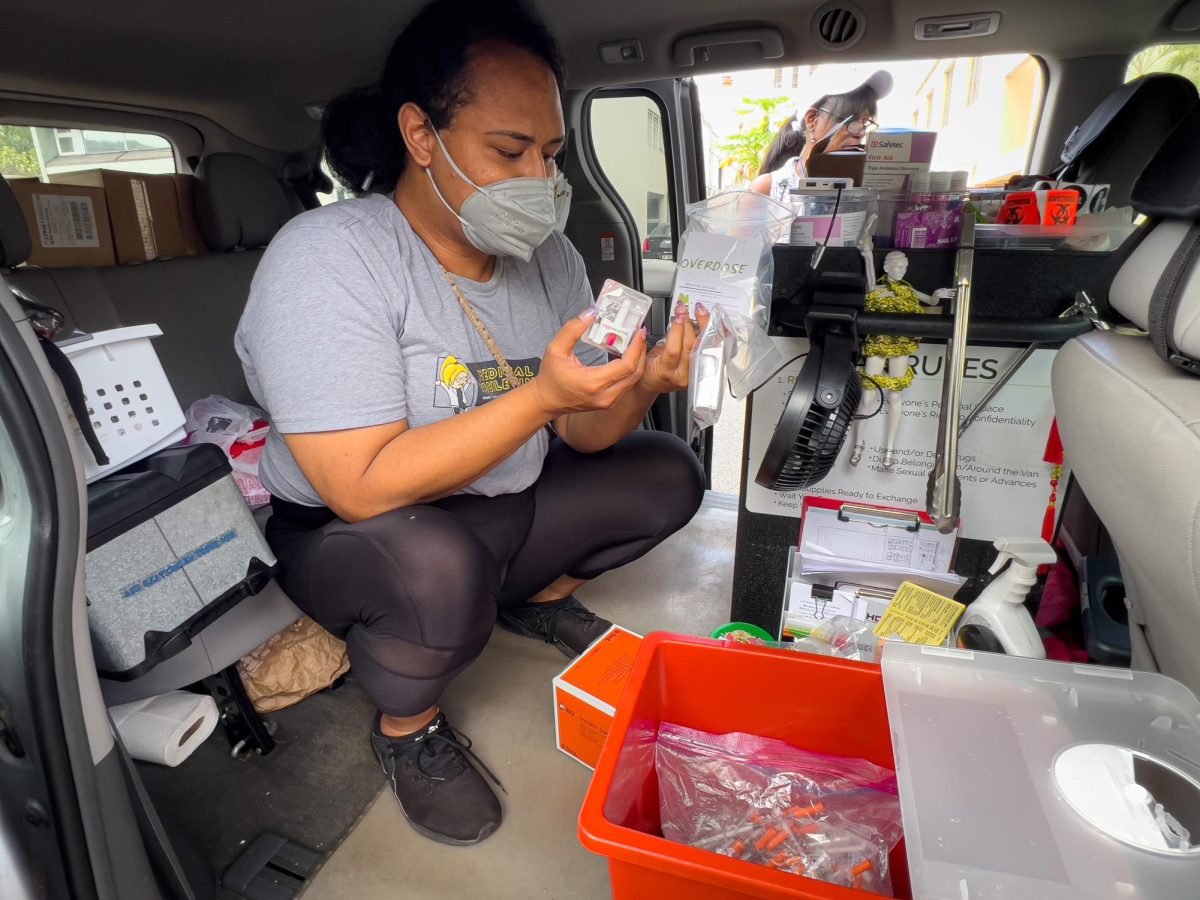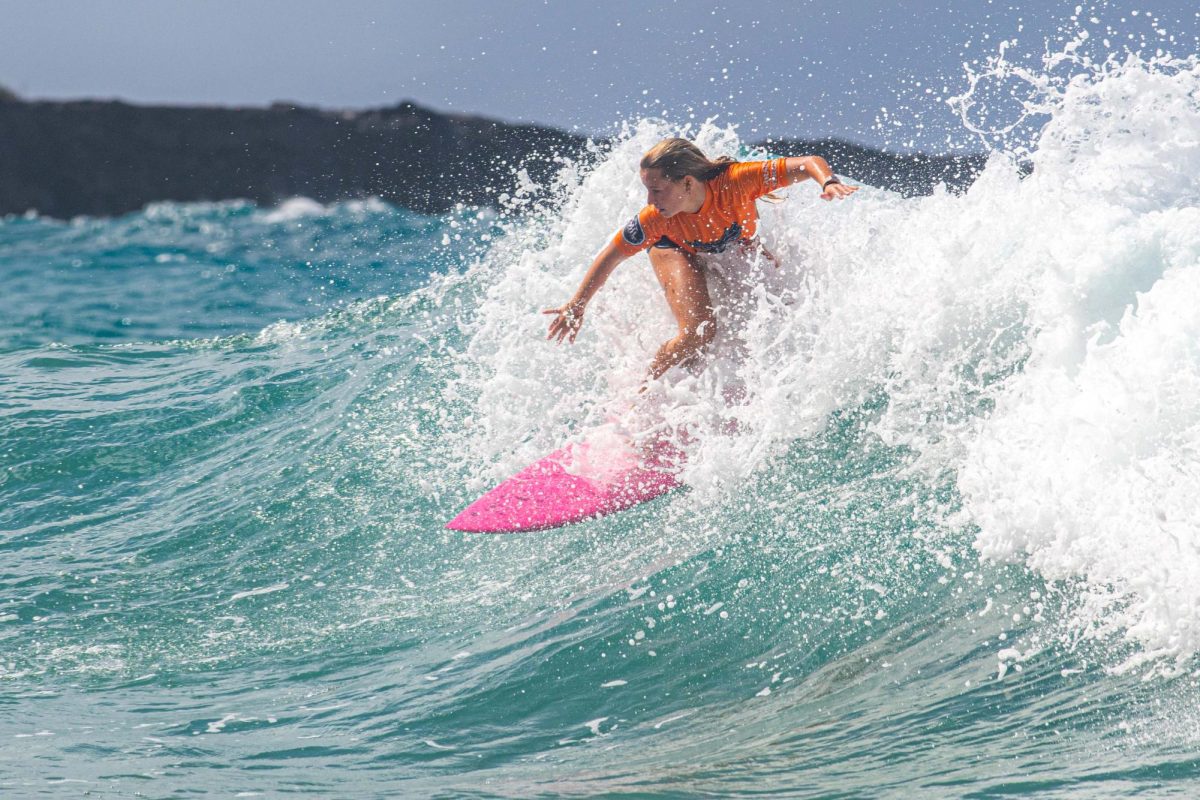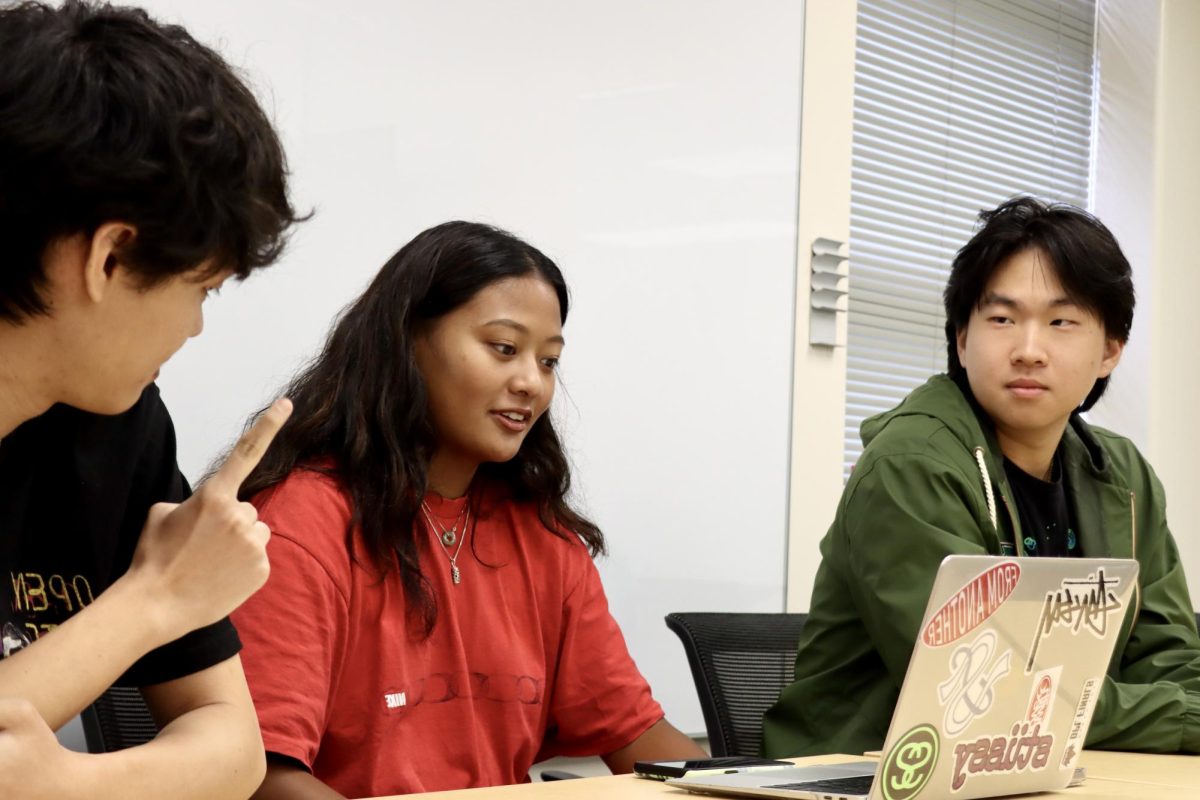Available classes (just select the term and then Journalism) and the class catalog (descriptions of all of the official classes available in the program)
How to become a Major:
Admission to the major is open to all students who have been admitted to UH Mānoa.
Download and complete the Declaration of Major form (or Double Major form). Email a scan/photo of your completed form to [email protected], and we’ll take it from there.
The general email for our program: [email protected], and phone number: (808) 956-8881.
More information below on the following topics:
1. Required classes to earn the Journalism major
2. Upper-Division elective classes required to earn the Journalism major
3. Trust the humans in the Journalism program, not STAR’s AI
4. Model schedules: Ideas about how to navigate through the program
5. Advising: Help us to help you
6. Keeping connected: LinkedIn; free online access to news media sources
7. Scholarships and Internships
8. Double Majoring? Or Study Abroad? Or both?
5. Advising: Help us to help you
For all Journalism-related questions, ask the Journalism faculty members:
Dr. Brett Oppegaard, [email protected] (On leave ’24-’25)
Dr. Julien Gorbach, [email protected]
For all Gen-Ed or non-Journalism-related questions, ask the ACCESS advisers
As a student in the College of Social Sciences, you have access to the ACCESS office (Dean Hall 3, in the basement), which specializes in CSS programs. Advisers in this office will help you to make sure that you are on track to graduate and meet all of your requirements.
ACCESS advisers include:
Jason Higa, [email protected]
Jennifer Oshiro, [email protected]
Kalei Keolanui, [email protected]
Dawn Nishida, [email protected]
If you are planning to graduate within the next academic year, you need to complete the Major Requirement Form and meet with the ACCESS staff to ensure and verify you have all of the credits you need.
6. Keeping connected
We figure you have the social part of social media already figured out. So we instead want to connect you to Journalism jobs, internships, events, and UH Journalism classmates and alumni, via LinkedIn:
https://www.linkedin.com/company/journalism-uh-manoa.
We also know you want to keep up on the news; so UH has a deal for free online access to The New York Times (follow this link and procedure), and the UH Journalism Program has secured free online access for its majors only to The Honolulu Star-Advertiser (follow this link and procedure, using the access code S0001335478300).
7. Scholarships and Internships
Our program is well-supported by scholarships and media organizations in the state who want to work with our students on internships.
8. Double Majoring? Or Study Abroad? Or both?
Journalism majors are ambitious, engaged, and can do it all. We have had great successes with our students double-majoring (we are considered the “friendliest double major” on campus because of our flexible curriculum and supportive attitude about it). We also highly support our students doing a Study Abroad, and we are especially excited about that if our students can study Journalism at universities in other countries. In short, we are aiming to help you become the biggest and best-prepared person you can become. If you want to do it academically, we want to support you doing it.







